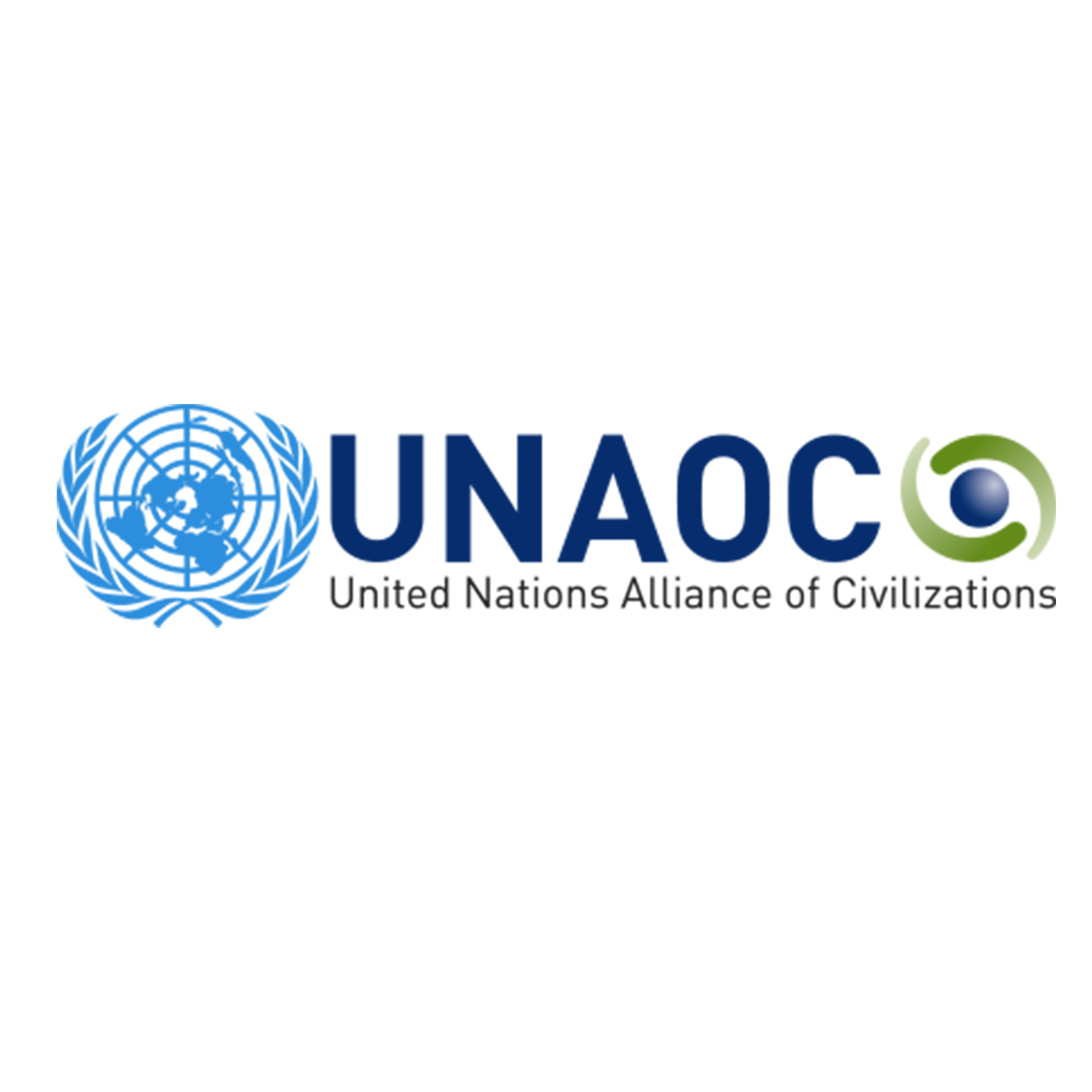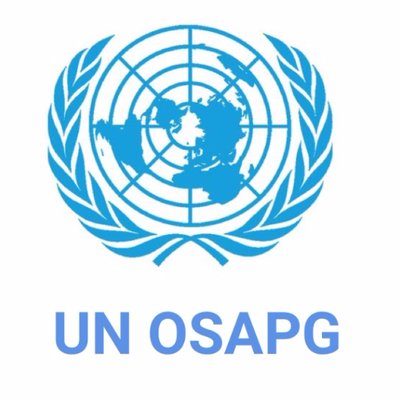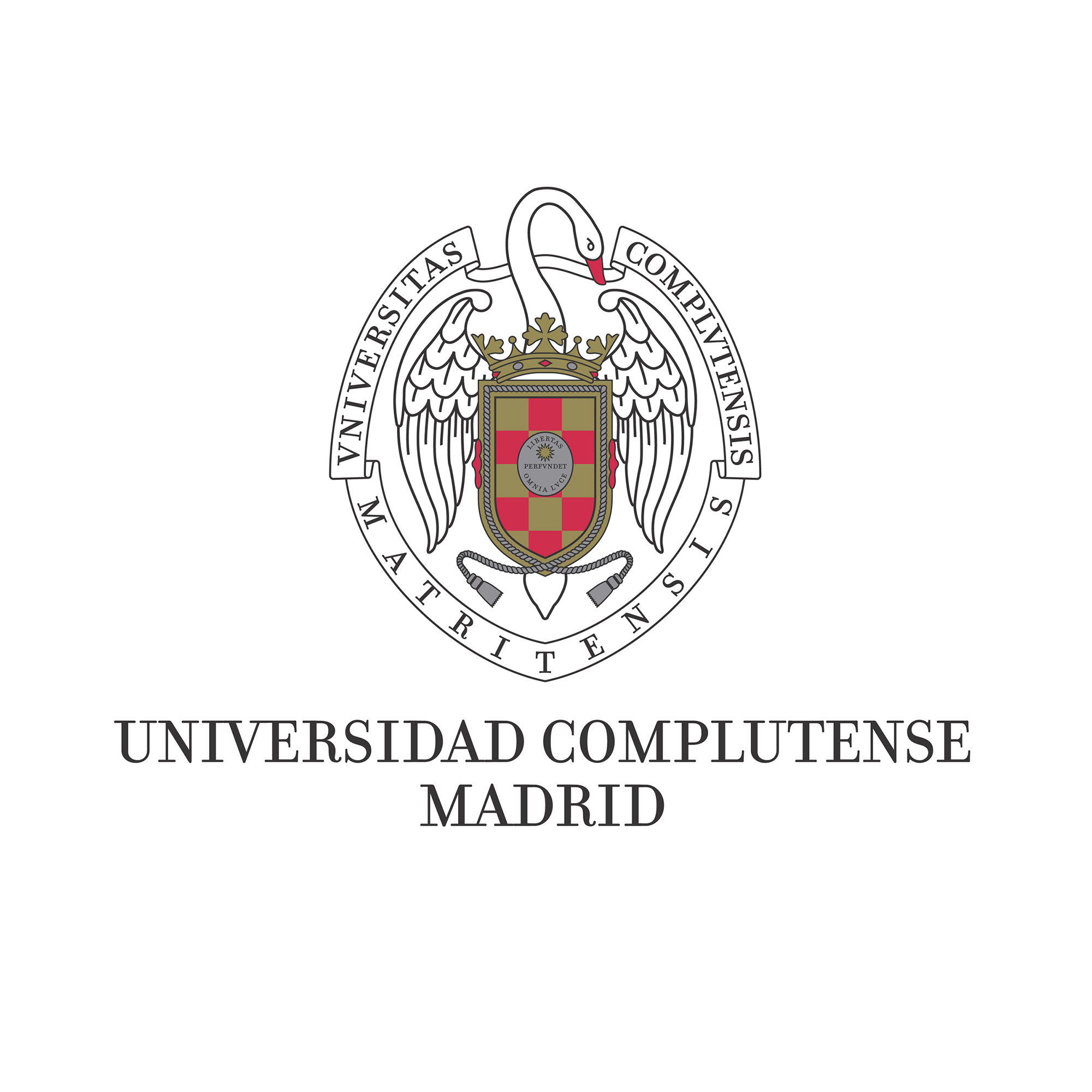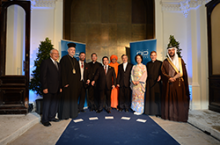Alianzas y relaciones exteriores
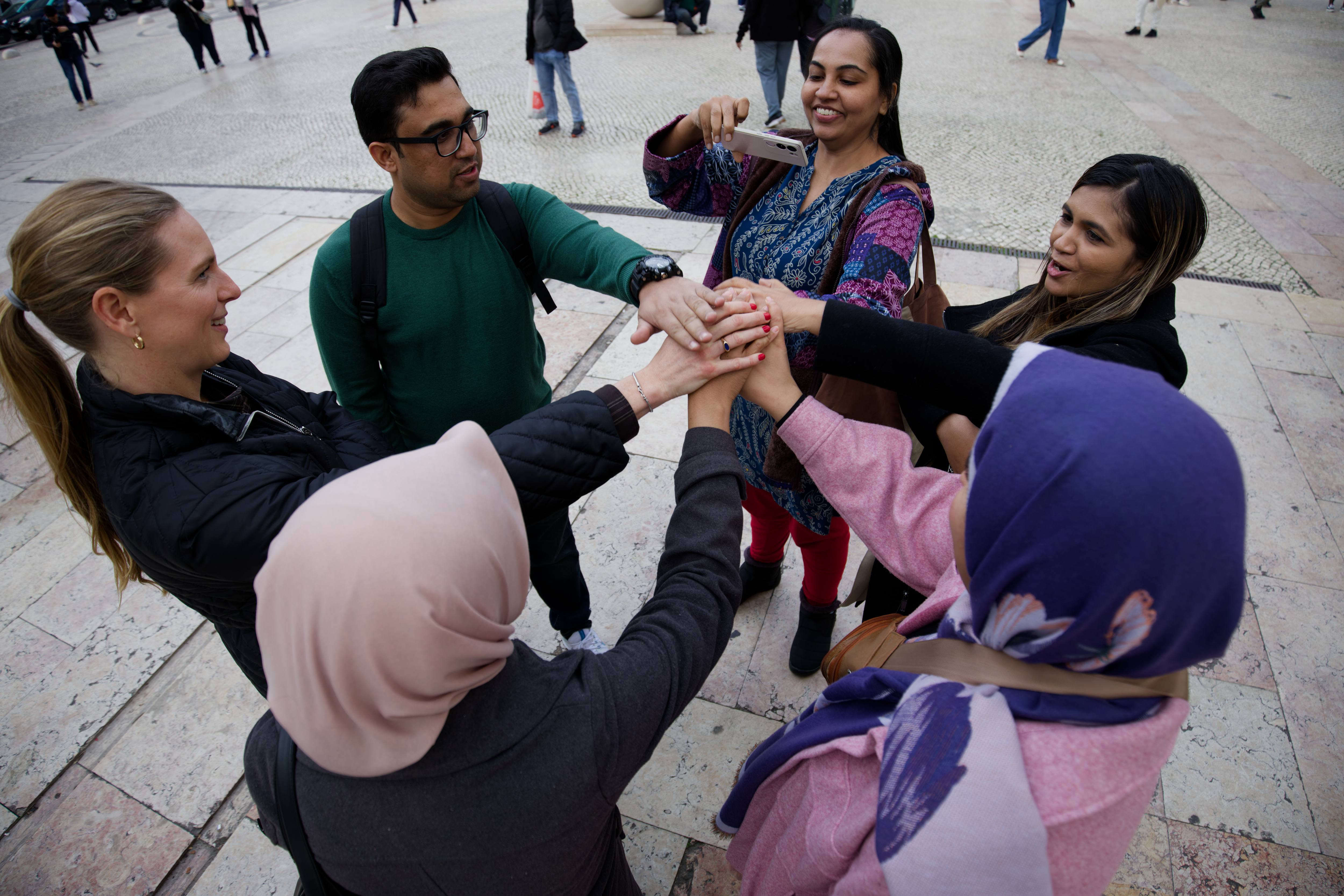
Junto con nuestros aliados y partes interesadas, el KAICIID llega hasta algunos de los rincones más lejanos y difíciles del mundo con el poder transformador del diálogo interreligioso e intercultural. Pero somos conscientes de que no podemos hacerlo solos.
Nuestras alianzas abarcan desde instituciones religiosas y organizaciones confesionales, gobiernos y organizaciones no gubernamentales, universidades, instituciones académicas y organizaciones de base.
Trabajar con otros ayuda a profundizar y multiplicar el impacto de nuestra tarea, ayuda a la defensa y la concienciación, aumenta la formación y el desarrollo de capacidades, y nos permite contribuir al objetivo de las Naciones Unidas de "construir mejor". Nuestros aliados entienden que, para poner fin a los conflictos y las crisis, y construir comunidades pacíficas y cohesionadas, debemos reconocer la importancia de los valores comunes que nos unen.
Si bien el KAICIID coopera desde hace tiempo con numerosas organizaciones e instituciones, también hemos establecido alianzas formales con más de una docena de organizaciones a través de Memorandos de Entendimiento (MdE), y como parte de nuestro Marco Estratégico de Relaciones Exteriores.
El KAICIID también ha desempeñado un papel de asesoramiento a instituciones intergubernamentales y gubernamentales que requieren conocimientos especializados para involucrar a las organizaciones religiosas a través de procesos de diálogo. A su vez, el Centro ha ayudado a los agentes religiosos y a las organizaciones confesionales a comprender mejor las estrategias y los marcos de las instituciones intergubernamentales y gubernamentales.
Para ello, el Centro ha proporcionado capacitación y recursos a sus aliados para incorporar mejor el diálogo en la labor de construcción de la paz y el desarrollo. Nuestro apoyo a nuestros aliados está estrechamente relacionado con las agendas globales de desarrollo, incluyendo la Agenda 2030 y los Objetivos de Desarrollo Sostenible (ODS) de las Naciones Unidas.
El Centro defiende la Declaración de Derechos Humanos de la ONU, las Convenciones Culturales de la UNESCO y sus actividades operativas. Al igual que el enfoque de la UNESCO respecto a la Agenda 2030, el KAICIID tiene como objetivo contribuir a las sociedades pacíficas y a la inclusión, potenciando el ejercicio de las libertades fundamentales, fortaleciendo los sistemas participativos de diálogo para fomentar el respeto a la diversidad cultural y religiosa y promoviendo la igualdad de género.
Nuestros compañeros
KAICIID’s programmatic partnerships are closely linked to its mandate to enhance interreligious and intercultural dialogue and aligned with the priorities identified in KAICIID’s Strategic Plan for 2024–2027 and the annual work programme as approved by the Centre’s Governing Bodies.
The Centre is not a donor organization and does not have a mandate to implement development or humanitarian work.
The Centre’s partnerships are established based on cooperation frameworks. For instance, through Memoranda of Understanding or other formal agreements, applicable when there is long-term institutional interest, capacity and commitment from both institutions. Such partnerships usually develop following previous cooperation that has proved to be mutually beneficial and in alignment with the Centre’s mandate.
Furthermore, the Centre engages with partners in contractual cooperations, such as collaboration agreements to jointly develop a project or initiative, within a defined and finite timeframe. Collaboration agreements are established where resources, responsibilities and expected outcomes are agreed upon and shared and agreed by both parties. Such instruments are used mainly to formalise cooperation with strategic partners, based on their institutional profile, expertise, scope and area of operations, which must be closely aligned with KAICIID’s priorities.
KAICIID also runs grant schemes wherein the Centre provides a grant to a partner to implement a project linked with KAICIID’s programmatic activities and strategic objectives. These are targeted grants, available through open and competitive calls, where concrete themes, scope of interventions and other criteria are clearly communicated and closely aligned with the Centre’s values and mission. The calls are announced on the Centre’s website and social media channels. No other granting opportunities are available beyond these calls, and potential applicant organizations are invited to consult the website regularly.
All partnerships are subject to reporting, and monitoring and evaluation frameworks. Depending on the profile of partners and specificities of programmatic engagement, the partnership may require approval by KAICIID’s Governing Bodies.
KAICIID also provides free online capacity-building opportunities and resources on interreligious and intercultural dialogue.
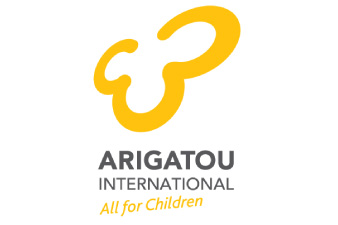
![ISCREB Logo [file:field-file-image-alt-text]](/sites/default/files/iscreb_square_2.jpg)
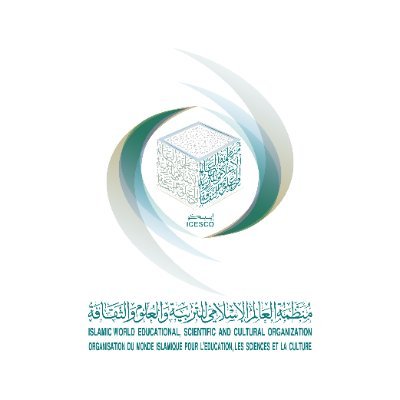
![[file:field-file-image-alt-text]](/sites/default/files/religions_for_peace_1.jpg)
